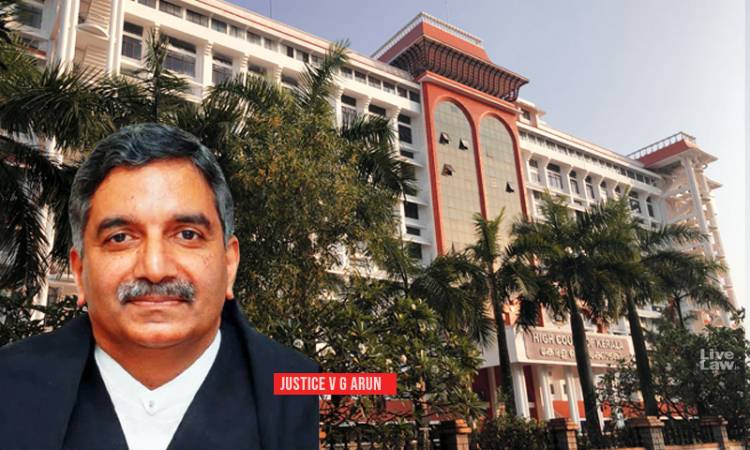Amendments In Written Statement Cannot Completely Displace Former Admissions: Kerala High Court
Hannah M Varghese
16 Sept 2021 9:34 AM IST

Next Story
16 Sept 2021 9:34 AM IST
While dealing with a plea where a written statement was amended after the matter was listed for trial, the Kerala High Court observed that amendments made in a written statement cannot completely displace the former admissions made before the amendment. Justice V.G Arun while dismissing the original suit remarked:"...in the case at hand, the amendments would not only have the effect of...
